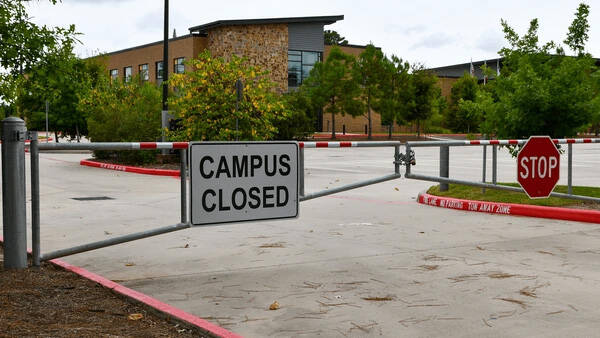

In the past, education was not seen as a business. It was considered a part of social service. Those who started schools and other educational institutions in the early days in Kerala believed that the growth of human society could only be achieved through education. They didn’t begin these ventures with the idea of earning large sums of money by appointing teachers. Christian missionaries, too, did not establish educational institutions with the aim of making profits. It was only after the emergence of aided schools and colleges that education became a source of income. Even then, with a few exceptions, medical and engineering colleges were government-run. A significant shift occurred after 2000, as part of globalization, when it became possible for anyone with money to start engineering and medical colleges across India.
Initially, there was a large exodus of students from Kerala to neighboring states like Tamil Nadu, Karnataka, and Andhra Pradesh for engineering studies. To curb this and retain Kerala’s students within the state, engineering college licenses were granted to nearly every wealthy applicant. Most of these individuals entered the self-financing education sector with a profit-driven motive. At first, everything ran smoothly due to the availability of students. However, when dozens of engineering colleges were established in Kerala, hundreds of engineering colleges in Tamil Nadu and Andhra Pradesh were forced to shut down. It’s worth noting that institutions with high standards continued to thrive in those states as well.
In Kerala, institutions like the T.K.M. Engineering College in Kollam, started by Thangal Kunju Musaliar, have consistently produced numerous excellent professional talents in engineering both within and outside the state. Musaliar focused on hiring academic experts and creating necessary infrastructure to run and develop the college. In contrast, most new engineering college owners prioritized collecting capitation fees for admissions and hiring teachers for money rather than improving the quality of the institutions. They not only failed to enhance their colleges but also actively contributed to their decline.
Many institutions even sought out students who scored as low as ten marks in entrance exams to fill their seats. Currently, Kerala’s students are increasingly opting to pursue higher studies in other states or abroad after completing their Plus Two. Over the past nine years, 33 engineering colleges in the state have shut down due to significant financial losses. The case of the owner of P.A. Aziz Engineering College in Karakulam, Thiruvananthapuram, committing suicide in the college premises due to financial liabilities underscores the gravity of the crisis and highlights the need for the government to address it. Today, students are willing to join only those colleges that have strong placement records. The phenomenon of colleges being "for sale" is a disgrace to the concept of literate Kerala.